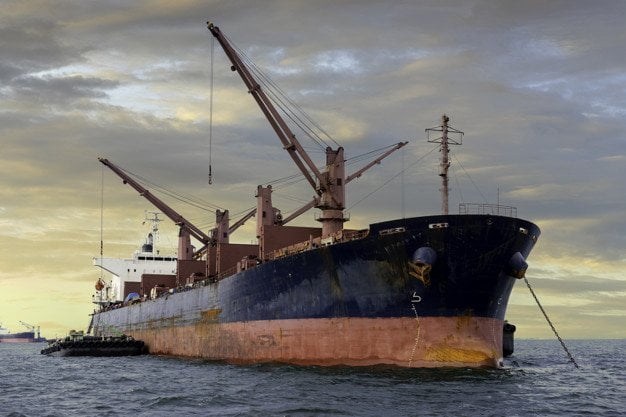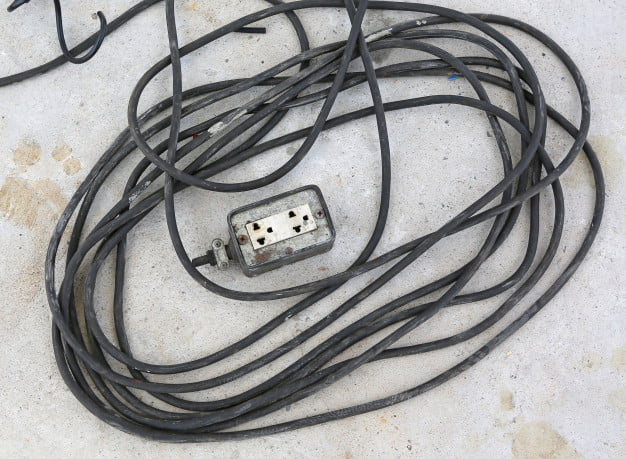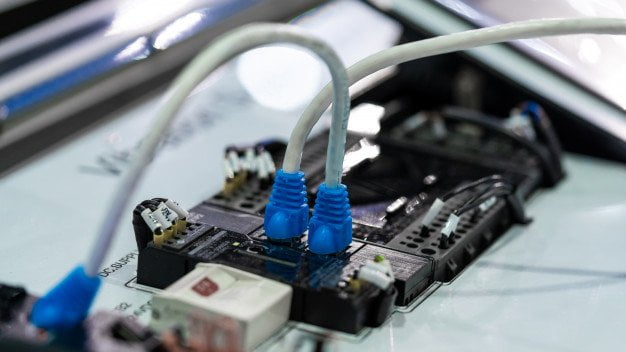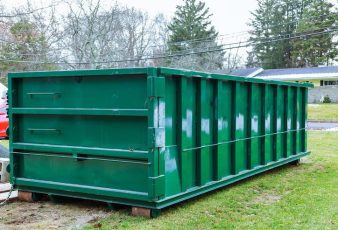Seafaring is a very perilous profession. So naturally, we want to mitigate all risks as much as possible. There is not a more dangerous place to have an electrical accident(Electrical Shock) than while onboard a ship. On a ship, you’re surrounded by water, exposed to the elements, and most likely hundreds of miles away from shore.
To reduce the risk of injuries or death via electrical shock, here are some things you should take note of:
1. Choose high-quality cables:
A high-quality shipboard cable is much more likely to hold up better than a lower-quality one and has a better chance of lasting longer on the vessel. As much as possible, buy your cables only from a reputable supplier. Don’t sacrifice the safety of yourself or your crewmen for some cheap, low-quality cables. Remember that if any part of the ship or boat is underperforming, it’s going to put you at a bigger risk of problems or accidents while at sea.
2. Look out for exposed wire:
Wires can wear out over time due to use and exposure to the elements. When a cable becomes exposed (loses its protective outer covering), it can lead to fires, sparks, electrical outages, and electrocutions caused by water, wind, salt corrosion, or direct contact.
You can mitigate this risk by inspecting wires regularly to see if there are exposed ones. If you see wires that are showing cuts, abrasions, or wear and tear, it is recommended that you have them repaired or replaced immediately.
3. Report damages to the marine electrician:
If you are not trained nor equipped to handle electrical problems yourself, report problems to the ship’s marine electrician as soon as possible. But if there is no marine technician onboard, do not attempt to fix the problem without the proper knowledge and equipment to do so.
On the other hand, if you are dealing with electrical issues on a boat, have a boat repairman to fix it while you’re onshore (if you detect the problem before sailing, that is).In both cases, there should not be electricity flowing through the wires, panels, or machinery that are going to be repaired.
4. Check switches, outlets, and panels to Reduce Risks of Electrical Shock:
Electrical wiring is the first one blamed when there is an incident of electrical shocks, fires, or sparks on the ship. However, the panel boards, outlets, and switches can pose just as big of a risk.
This electrical equipment can cause shortages and other electrical anomalies if they are damaged, poorly maintained, or both. Thus, it is also important to visually inspect the ship or boat’s panels, outlets, and switches to check for visible damage.
5. Train staff on electrical safety:
Electrical safety is a part of any standard maritime training course. Nevertheless, it is still crucial to supplement them with safety training while they are on board the ship. Make sure all crew know how to work around wires, what to do in case of an emergency, and all the proper procedures when working with electrical equipment.
Electrical accidents are among the worst things that can happen on a floating vessel. But with these safety measures, the risks will be significantly reduced or avoided.
Read Also:






























